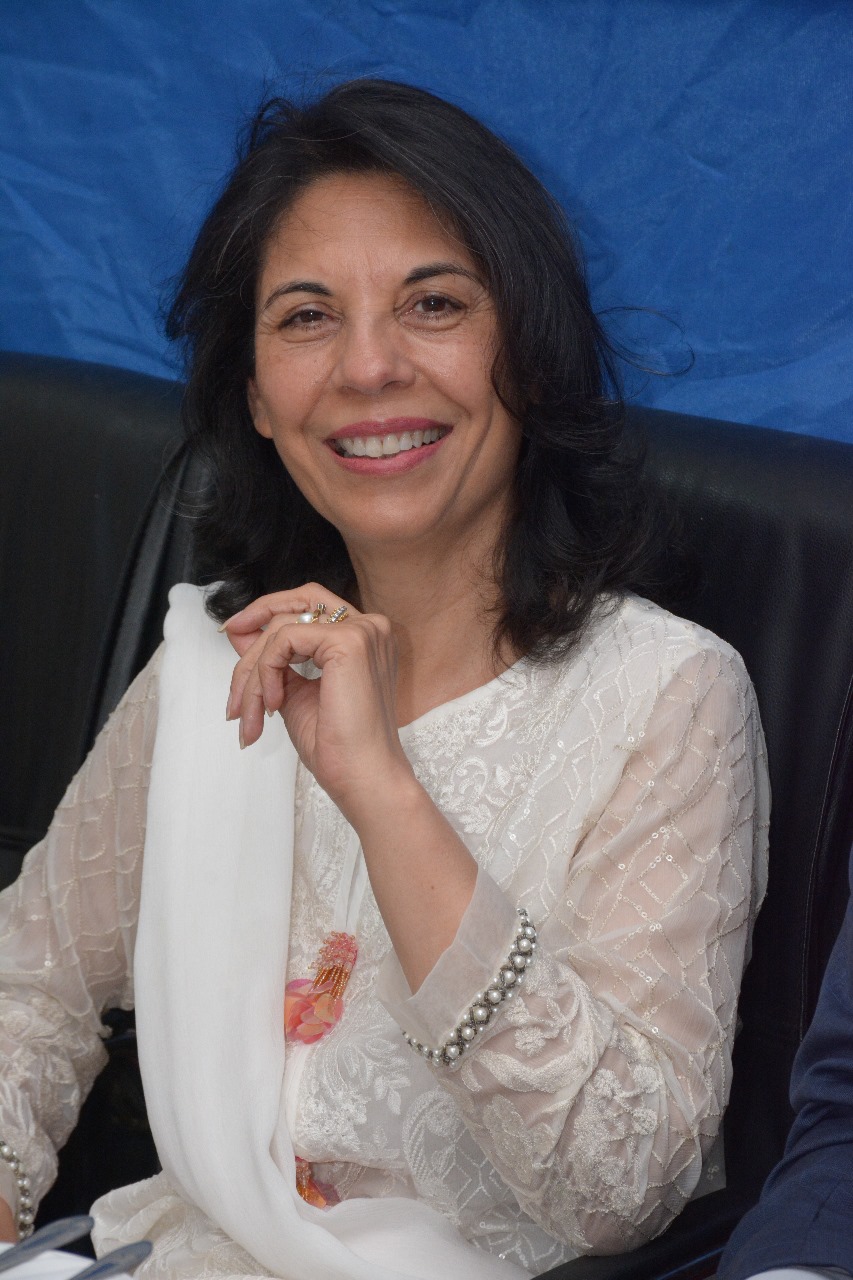HOD Message
Dr. Asma Naveed
A warm welcome to the Department of Japanese Language! Since our establishment in 1981, our department has proudly served as a gateway for individuals eager to connect with Japan through its language and culture. What began as a centre dedicated to training Armed Forces personnel and government officials has blossomed into an inclusive academic community where learners from all walks of life are embraced. Whether you dream of studying in Japan, contributing to Pakistan’s vibrant tourism sector, or building strong business ties with Japanese companies, here you will find a place where you truly belong. Our department is more than a place to learn a language—it is a space where friendships are formed, cultural bridges are built, and futures are shaped. We invite you to join our community, where curiosity is nurtured, skills are cultivated and refined, and lifelong connections begin. Together, let's embark on an exciting journey of learning, discovery, and cultural exchange. Looking forward to welcoming you into our family of learners and dreamers. Warmest regards, Dr. Asma Naveed Head Department of Japanese Language



